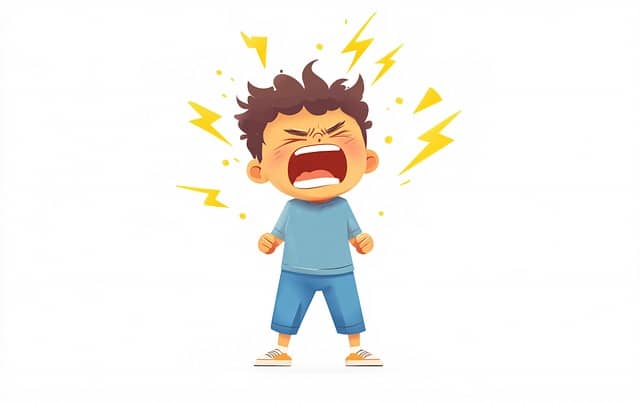What does waxy mean in Lord of the Flies? If you’ve ever read Lord of the Flies and wondered what the boys mean when they call someone “waxy,” you’re not alone. The novel is full of British slang words that can be confusing for modern readers. In this case, “waxy” is a British expression that means angry or upset. Understanding little details like this can help make the characters’ interactions much clearer as you read the story.
What does waxy mean in Lord of the Flies?
In Lord of the Flies, the word “waxy” is used as British slang for being angry or upset. When one of the boys says someone is “waxy,” they mean that person is in a bad mood or annoyed.
For example, early in the book, Piggy says:
“‘He was going to beat me up… I asked him what he wanted to be called and he got waxy.'”
Here, Piggy is explaining how another boy got irritated or annoyed when asked a question. So, in this context, “waxy” doesn’t have anything to do with actual wax—it’s just their way of saying someone is angry or touchy.
What is Piggy’s actual name in Lord of the Flies?
Piggy’s real name is never actually revealed in Lord of the Flies. Instead, the other boys call him “Piggy,” and that’s the only name we hear for him. This nickname sets him apart as an outsider and a victim—he’s treated almost like one of the pigs on the island, and, tragically, he’s also brutally killed like they are. Throughout the novel, Piggy remains on the outside of the group, but Ralph does come to respect him for his intelligence and loyalty.
What are some vocabulary words from Lord of the Flies?
Lord of the Flies includes a lot of unique and interesting vocabulary. Some words you might notice are “conch” (the large shell used to call meetings), “creepers” (the vines or plants on the island), “waxy” (British slang for being angry or upset), and “ebullience” (meaning lively or enthusiastic). Other words like “decorous,” “tumult,” and “tirade” also come up, helping to create the novel’s intense atmosphere.
Conclusion
In conclusion, when the boys in Lord of the Flies use the word “waxy,” they’re using British slang to say that someone is angry or upset. Knowing this bit of slang helps readers better understand the characters’ emotions and reactions throughout the novel. It’s just one example of how language shapes the way we see life on the island.
